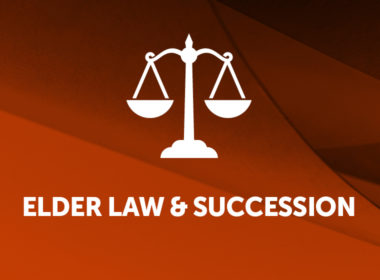Key decisions
- Wan v BT Funds Management Limited [2022] FCAFC 189
- Bear v Bear; Jordan v Bear [2022] NSWSC 1687
- Kornwasser v Spigelman [2022] VSC 759
- FC v SC [2022] NSWSC 1780
- BXE (Guardianship) [2023] VCAT 87
- Deonarine v Ramcharan [2022] UKPC 57
- Re Evans; Marks v Evans [2023] VSC 4
- Jortikka v Haukka [2023] VSC 20
- Case 831826 (concerning CARE Super Pty Ltd)
Meaning of ‘live with’ and ‘live together’ in superannuation legislation
Max Walker never married and had no children. His health began to decline in 2015 and he died in 2017. For about three years before his death, Jing Wan lived in his house and cared for Walker. She was a beneficiary of one-third of his estate, equally with a child of a long term former domestic partner, and his other long term former domestic partner. Wan claimed Walker’s death benefit. The trustee of the superannuation fund, BT Funds Management Pty Ltd, decided to pay the death benefit to Walker’s legal personal representative. Wan unsuccessfully applied to AFCA and then appealed to the Federal Court. The first instance decision, which was maintained on appeal, was noted in Darryl Browne ‘There is no fixed “purpose of superannuation” approach to decide payment of superannuation death benefit‘, Law Society of NSW Journal, October 2022.


